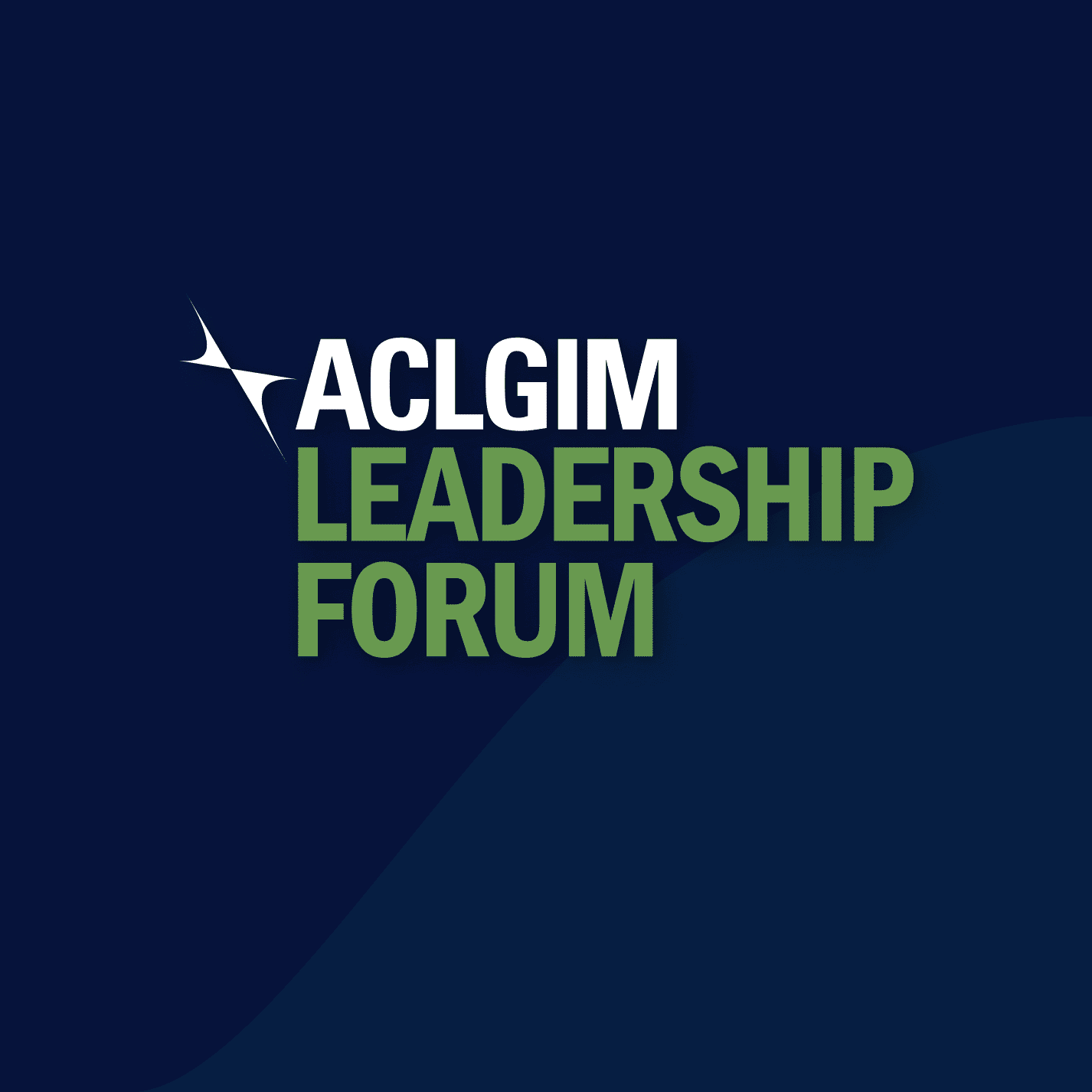December 14, 2020. A date to remember. That was the day the first non-trial COVID-19 vaccine was administered. That was also the day that the electoral college certified the 2020 election, signaling the next step towards a Biden-Harris administration. I remember feeling as if a weight had lifted off my shoulders even though COVID-19 case counts were high and we were under partial lockdown again. Because both those events signaled hope.
Since the first two COVID vaccines to receive emergency authorization for use are different from known existing vaccines, we all knew there would be questions once they were rolled out. First are questions about vaccine safety and efficacy, especially given how quickly they were produced, and the technology is new. The lack of trust in the medical system among the very same communities which were ravaged by the first wave of COVID-19 last spring was of concern among physicians. One of my nurses had reported on misinformation that was spread in her neighborhood, such as the vaccine would change one’s DNA, that it would embed 5G technology. And those were the believable myths. Turns out, there was little hesitancy. When we began our rollout in my institution to our patients, some had no hesitation what so ever, others just needed their questions answered. Indeed, it was vaccine deliberation -and not hesitancy – and lack of access that were interfering with vaccination.1 Patients would come in with concern over the vaccine contrasted with the hope of safety from the virus and a chance to see their grandchildren. Once we were able to share the CDC recommendation that fully vaccinated people could see unvaccinated family members, it was easier for patients to make a decision to get vaccinated.
Unfortunately, initial roll out in the City and across the country was not uniform. From news reports, it appears that there was little coordinated effort to get the vaccines to the states. I do think as a country we can do far better to ensure equitable distribution. This past year, the pandemic shone a very bright light on what happens when partisan politics get in the way of the health of the country. Even before vaccine rollout, those patients who could get telehealth via video visits safely were more likely to be able to work from home and not risk COVID exposure. The same is true for vaccines. The people at the top of the priority list have had the least access and have had to rely on friends and neighbors spread the word about appointment availability and setting them up with online appointments. There were unfortunate reports of “line jumping” all across the world.2 Today is April 28, the 99th day of the Biden administration; they have more than delivered on their promise of “a 100 shots in a 100 days” and has secured enough supply to vaccinate every adult. With FEMAs support, mass vaccination sites have helped to reduce the inequity and improve access to vaccine for all. My hope for the Biden presidency is that we can codify a mechanism to deal with public health crises that will not fall prey to politics.
References
- Corbie-Smith G. Vaccine hesitancy is a scapegoat for structural racism. JAMA Health Forum. Published online March 25, 2021. doi:10.1001/jamahealthforum.2021.0434.
- Taylor L. COVID-19 vaccines: Who is jumping the line—and how to stop it. Thomas Reuters Foundation News. https://news.trust.org/item/20210128181600-paerm. Published April 8, 2021. Accessed May 15, 2021.
Issue
Topic
ACLGIM, COVID-19, Health Equity, Health Policy & Advocacy, Leadership, Administration, & Career Planning, Social Determinants of Health
Author Descriptions
Dr. Paranjape (anuradha.paranjape@tuhs.temple.edu) is professor of medicine and vice chair for clinical affairs, Lewis Katz School of Medicine at Temple University and ACLGIM President
Share
SGIM Workshop Doctors in Politics: Demystifying the Process of Running for and Serving in Elected Office for Physicians
Physicians positively influence the health of their patients and communities through work…
SGIM Workshop Empathy in Medicine: The New Normal
Empathy is the practice of authentically working toward understanding another person’s experience…


